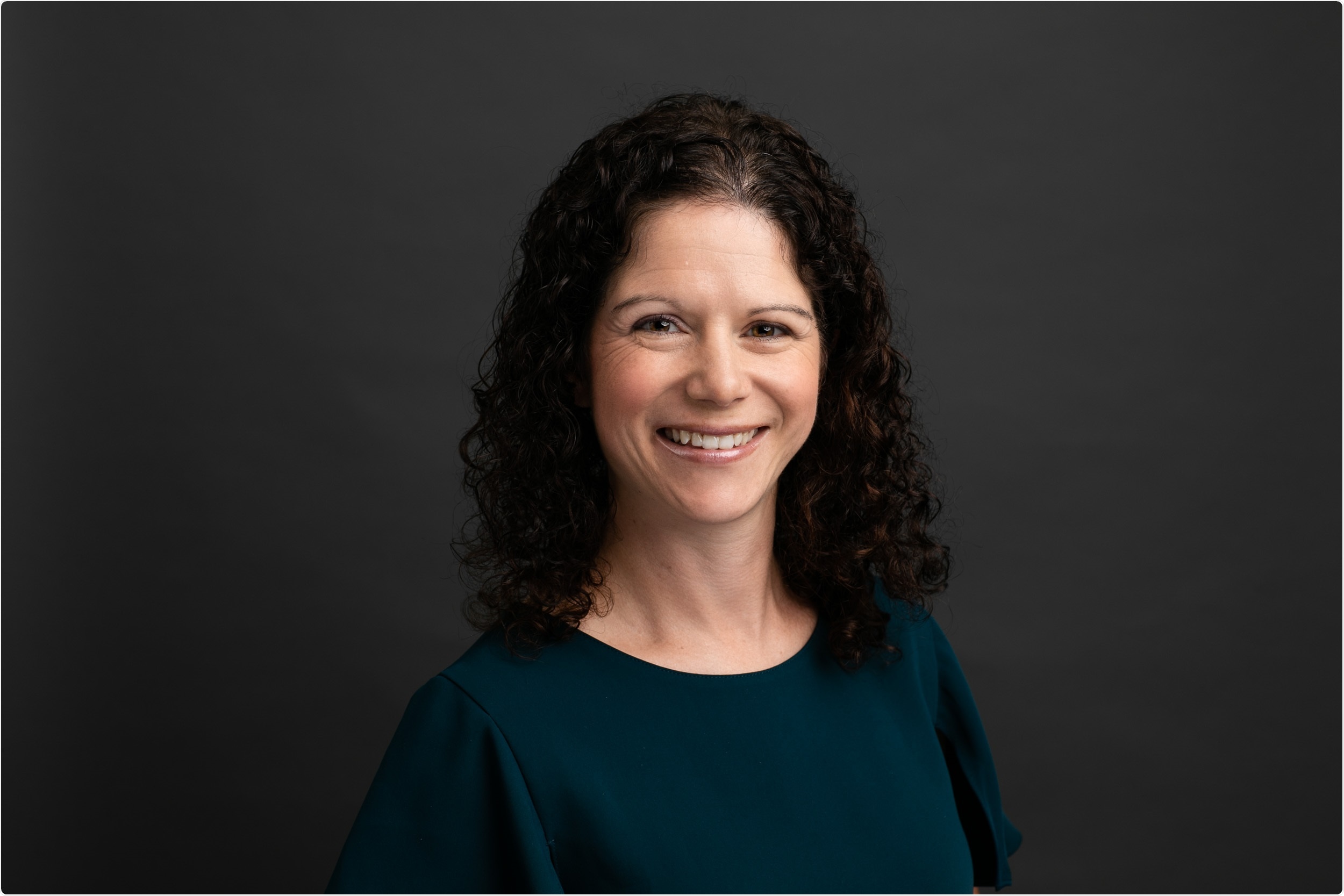A Melbourne researcher has been awarded a $69,980 Stroke Foundation Seed Grant to investigate what level of physical activity is needed in stroke recovery to have a positive effect on health.

Dr Natalie Fini, recipient of a Stroke Foundation Seed Grant. Image Credit: Stroke Foundation
Dr Natalie Fini, from University of Melbourne, is one of four researchers to receive funding as part of the Stroke Foundation 2022 Research Grants round, announced today.
Dr Fini said the ultimate aim of the project, titled Personalised Physical Activity Programs for Stroke Survivors, is to reduce the risk of future stroke and cardiovascular disease.
Being physically active is important for preventing disease and people who have had a stroke are at greater risk of future health problems than the general population. However, sustaining regular physical activity can be a challenge due to stroke-related weakness, poor balance and memory issues. After hospital discharge, survivors of stroke also report there is not enough support to help them manage their overall health – and this includes physical activity.”
Dr Natalie Fini, recipient of a Stroke Foundation Seed Grant.
The researchers will test personalised, engaging and targeted physical activity programs which have been co-designed with survivors of stroke and stroke clinicians. The aim is to determine what physical activity dose (how much and how intense) is acceptable, feasible and safe for survivors of stroke, and also how effective it is at improving their cardiovascular health. The physical activity programs being tested have been co-designed with stroke survivors, carers and clinicians and it is hoped that this will mean they are more likely to be achievable and taken up in the long term as part of a daily routine.
Stroke Foundation Research Advisory Committee Chair Professor Amanda Thrift said optimising health after stroke is a priority to improve lives and reduce the burden of stroke on the health system.
“Innovative research projects like this will help pave the way to maximise recoveries in the future,’’ Prof Thrift said.
Three Seed Grants were offered in the Stroke Foundation’s 2022 Research Grant Program for early and early-mid career researchers to help address evidence and implementation gaps in stroke prevention, treatment and recovery.
Information on the other grants and the inaugural Lady Marigold Southey Aphasia Research Grant here.
The Stroke Foundation has also identified a need to increase support for survivors to thrive in recovery once discharged from hospital , with so many in its wider community likening their recovery journey to ‘falling into a black hole’. It is calling for the next Federal government to invest $10m in a StrokeConnect Navigator Program, to provide a consistent equitable national support service to help all Australians access appropriate treatment after a stroke.